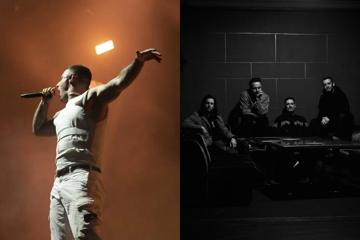Taylor Swift Has Removed Her Music From Spotify
Spotify want her back

The biggest pop star in the world right now Taylor Swift has removed her music from the world’s most high profile streaming service – Spotify.
In a move that further fans the flames of the streaming model debate, Swift’s new album 1989 never appeared on the platform and now her entire back catalogue has disappeared. The only track still available is Safe & Sound, which was part of The Hunger Games soundtrack.
Streaming services that pay a fee to the copyright holders – via their label or directly to the artists – are tentatively being utilised by the global music industry as an answer to income lost through illegal downloads. But Swift – and her label Big Machine, distributed by Universal – are the latest high profile examples of a large section of the industry that feel that streaming services are not yet in a position to fill the hole created by downloads. It is estimated that, on average, Spotify pays $0.007 per song play.
“We love Taylor Swift, and our more than 40 million users love her even more – nearly 16 million of them have played her songs in the last 30 days, and she’s on over 19 million playlists,” said Spotify in a statement.
Don't miss a beat with our FREE daily newsletter
“We hope she’ll change her mind and join us in building a new music economy that works for everyone. We believe fans should be able to listen to music wherever and whenever they want, and that artists have an absolute right to be paid for their work and protected from piracy.
“That’s why we pay nearly 70 percent of our revenue back to the music community.”
As arguably the most high-profile streaming service globally, Spotify cop the brunt of the anti-streaming rhetoric. In the past Radiohead frontman Thom Yorke was particularly outspoken in his criticism of the model.
Within the local Australian industry there is a mentality that while not ideal, services like Spotify that do pay fees back to content creators are a better alternative than platforms such as YouTube, which is only just beginning to develop its revenue streams.
As of this morning, Swift's back catalogue, excluding 1989, was still available on other streaming services locally, including Rdio and JB Hi-Fi Now.







